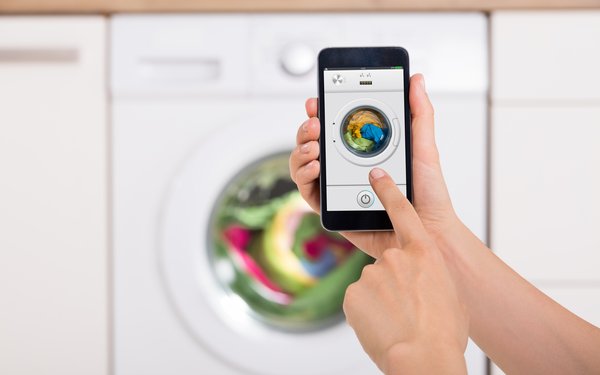
Consumers appear to like the conveniences that
the Internet of Things can provide but have some serious concerns about privacy.
Many people with smart or connected devices also are fine with those devices making purchases for them, with
some limitations.
These are among the findings of a large international study looking at IoT adoption, including benefits and barriers.
The study comprised a survey of 20,000 consumers
across 10 markets, Australia, Brazil, China, Spain, Singapore, the United States, Germany, Sweden, Netherlands and the United Kingdom. It was conducted by Opinium for WorldPay.
Almost half
(48%) of U.S. consumers said they would be comfortable if a device such as a refrigerator ordered things on their behalf without asking. However, most (62%) would want to approve every purchase before
it is confirmed. Even more (78%) would want a notification before an order is placed.
advertisement
advertisement
More (62%) millennials than those older than 55 (22%) are comfortable in orders placed before being
asked.
The top concern with connected devices in the home relates to security, with 73% of consumers worried that manufacturers would share their personal data.
U.S. consumers also
have some viewpoints on virtual assistants. For example:
- 55% -- Would welcome the convenience of a chatbot or virtual assistant shopping on their behalf
- 48%-- Remain skeptical
about a virtual assistant ever being able to conduct a conversation like a real person
- 37% -- Would allow a virtual assistant to have access to their payment information
- 35% --
Would consider using a virtual assistant to perform a simple task
Some common-sense findings also came out of the study.
For example, while 51% of consumers said they could see
the benefits of the conveniences afforded by connected devices, more than half (54%) could not understand why such devices such as a refrigerator needs to be connected to the internet.